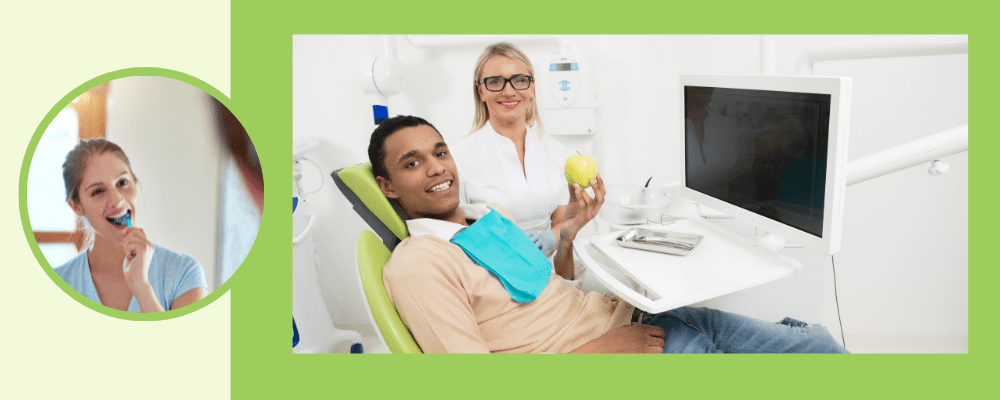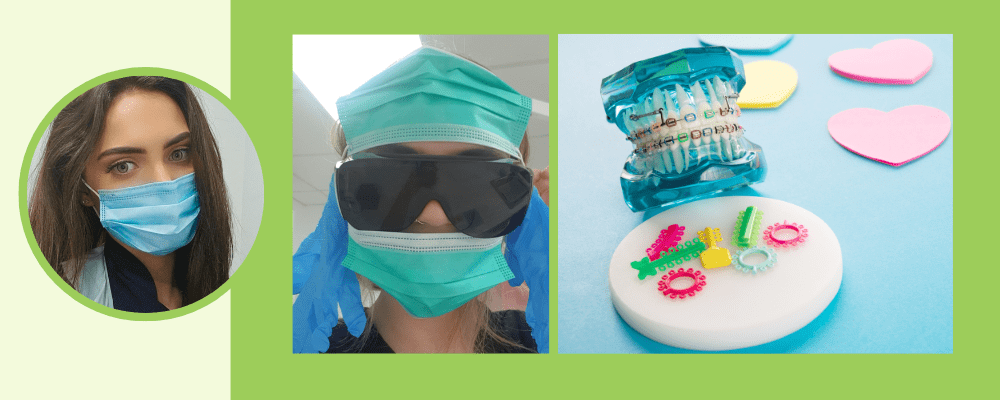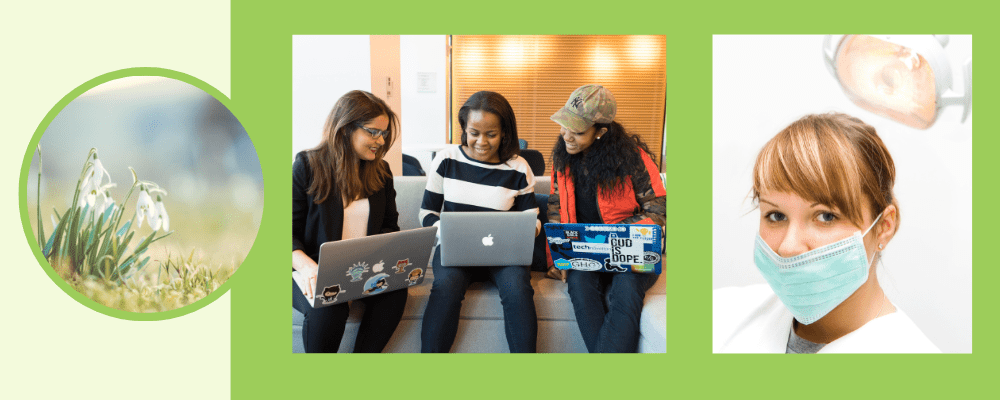Fighting dental phobias – how dental nurses can help
It’s no secret that dental anxiety is a prevalent issue faced by many individuals. In fact, it’s more common than you might think. Dentophobia, a term coined to describe the intense fear of visiting the dentist, is incredibly common. To put things into perspective, a staggering 53% of people in the UK experience some form of fear or anxiety when it comes to dental appointments; that’s more people than those who are scared of spiders!
Shockingly, 17% of individuals with dental phobia completely avoid the dentist, which can have consequences for their oral health. It’s not just adults with a fear of the dentist children are thought to be equally as affected.

The causes of dental anxiety can vary, ranging from fear of choking to the dreaded sound of the dentist’s drill. For many, these fears are deeply rooted and often stem from negative experiences in the past. Take, for example, a listener on a London radio show who confessed to not having visited the dentist in 27 years due to a fear stemming from a bad childhood experience. He had seven teeth extracted during one visit, an experience that understandably left him feeling anxious. Subsequent attempts to visit the dentist lead to him fainting in the waiting room.
The consequences of dental anxiety can be far-reaching, leading to missed appointments and a decline in oral health. It is imperative that these patients are not neglected. Research has shown that early intervention is key in addressing dental fear, particularly during childhood.
One common source of dental anxiety is the feeling of being out of control during dental procedures. As a dental nurse, you are in a prime position to alleviate anxiety by keeping patients informed about each step of the process. Building a strong rapport with patients is essential for successful treatment, as a good dental nurse can anticipate their needs whilst they are in the chair struggling to communicate. A dental nurse can also provide a warm and comforting presence.
The tell-show-do technique is a valuable tool used by skilled dental professionals to ease patient anxiety. By explaining the procedure, showing the instruments to be used, and proceeding with treatment slowly, you can help patients develop a more positive association with dental visits. Remembering each patient’s unique needs and fears is crucial in establishing trust and encouraging regular attendance at the dental practice.


In some cases, patients’ fears may stem from negative experiences with previous dental practices. This is where the key skills of a dental nurse come into play, as you can help make their experience less scary. If you are aware of the signs and symptoms of anxiety, you can play a huge role in addressing them. A sympathetic presence and listening to any concerns and worries they have can make all the difference.
Distraction techniques, such as listening to music or watching a favourite TV series during treatment, can be effective in reducing anxiety levels. Additionally, informing patients about the option of topical numbing agents or local anaesthesia to minimize pain and discomfort can provide further reassurance. In severe cases of anxiety, conscious sedation may be necessary, and obtaining a sedation qualification can expand your skillset and enable you to support dental phobic patients in specialist practices or hospital settings.
Helping anxious patients regain their confidence at the dentist is a rewarding endeavor. Regular dental visits are crucial for maintaining oral health and overall well-being, and dental-phobic patients often require emergency care due to prolonged pain. By investing in continuing professional development focused on anxiety management, communication, and clinical solutions, you can enhance your employability and responsibility in practice while significantly improving patient interaction skills. Ultimately, your efforts can have positive health implications for your patients and contribute to their overall quality of life.
Find out more about the SmileWisdom NEBDN Certificate in Dental Sedation Nursing or give us a call 020 7205 2299.








Leave A Comment
You must be logged in to post a comment.